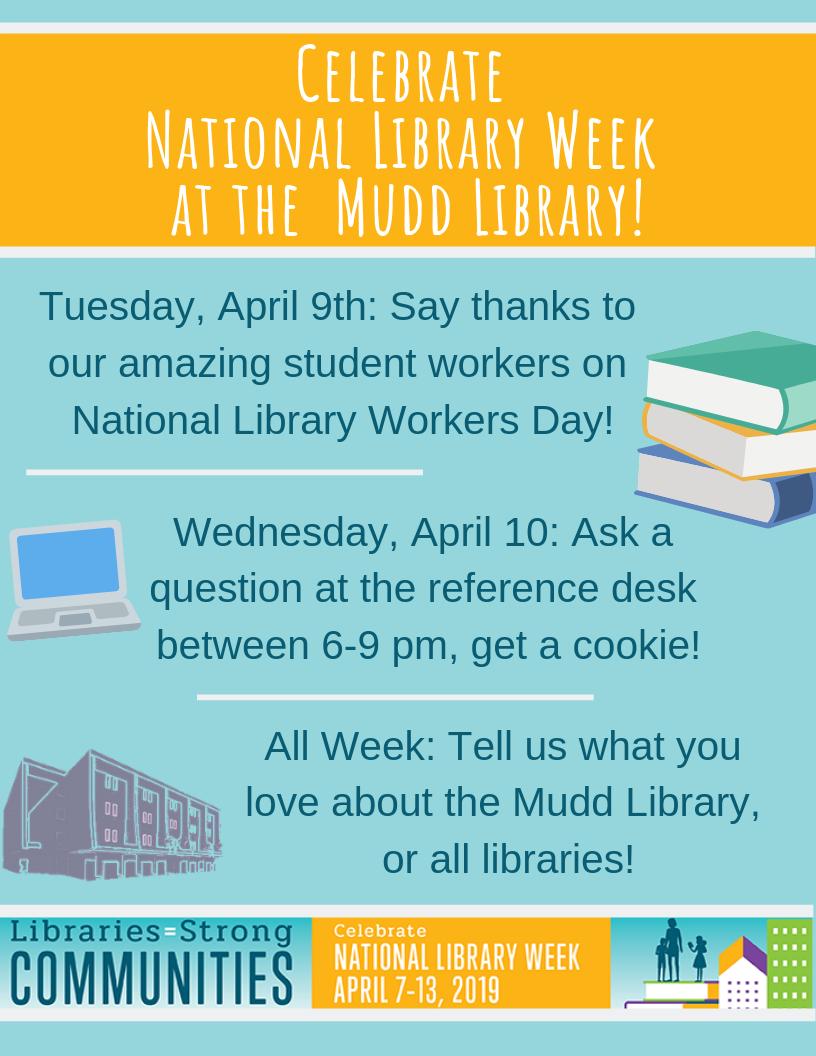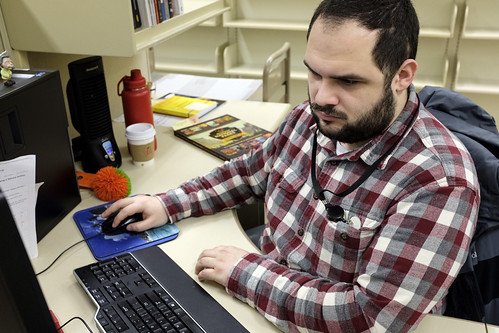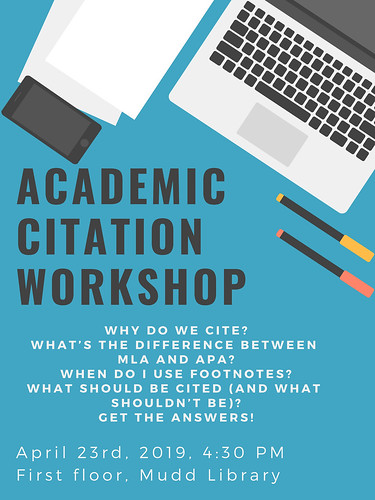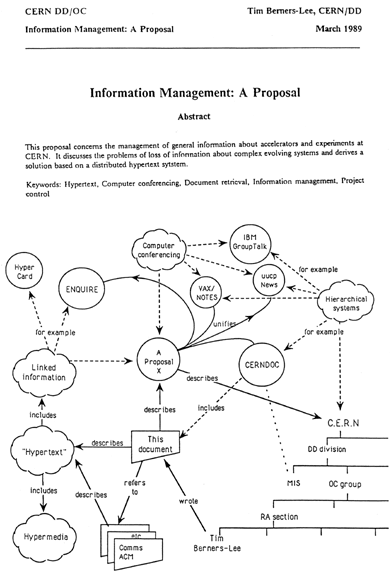Your friends in the Mudd Library are so excited to welcome new students and their families and friends to Lawrence for welcome week! We’ve already been having fun meeting with student athletes and summer institute students, but have even more exciting stuff planned for welcome week.
Monday, September 9
Visit us at the Campus Resources Fair in the Somerset Room of the Warch Campus Center: 11:30 am – 1 pm
Parent Library Lounge, Relax in the Mudd: 1:00 pm – 3:00 pm Welcome, parents! Stop by the Mudd Library any time between 1 and 3 pm and take a load off. Make yourselves comfortable, wander around, grab a magazine or newspaper (in front of the circulation desk), relax in the Milwaukee-Downer Room, use the wireless, sip some coffee or tea. Enjoy our library!
Thursday, September 12
Welcome to the Mudd! Open House: 9:00 am – 12:00 pm: Stop by the Mudd and meet the people who can help you succeed. Not only can you find out about the library (both online and offline), take a tour, and enjoy some food–you can build with Legos, make origami bookmarks, play games, and more! It’s both fun and educational, and you can’t beat that.
Friday, September 13
Explore the Mudd! Sessions beginning at 1:30 pm, through 4:30 pm: All of us at the Mudd Library welcome you to Lawrence! We provide services, materials, and staff that will support your academic and personal interests and we want you to get off to a good start with these short programs designed to provide quick, basic introductions to what’s up in the Mudd.
- What’s the Mudd? (30 minutes): The library here has some major differences from other libraries, public and school, that you’ve used before, so there’s lots of new stuff to learn. More importantly, however, we want you to feel at home here. This session will introduce you to the way the library is organized, the kinds of things we provide, and the ways the library connects with you and your work. Sessions will begin at 1:30, 2:30, 3:30
- Scores and CDs and Streaming, oh my! (30 minutes) Finding music in the Mudd can be an adventure. Learn some tips and tricks to make your life easier as you navigate through the Library’s extensive collections of scores and recordings. Sessions will begin at 2:00, 3:00, 4:00
- Tour the Mudd (30 minutes) Take a walking tour of the building with a friendly librarian and find out what’s where: collections, study spaces, places to get help, and more! Tours will begin at 1:30, 2:00, 2:30, 3:00, 3:30, 4:00
During Welcome Week, the library will be open from 8 am – 4:30 pm Monday – Friday, from 10 am – 4:30 pm on Saturday, and 11 am – 4:30 pm on Sunday. School year hours begin on Monday, September 16th.
Be sure to stop by anytime over welcome week (or during the school year) to ask a question or just say hi to your new friends in the Mudd Library. Remember, we’re here to help you succeed!










 Want to learn answers to important questions like,
Want to learn answers to important questions like,